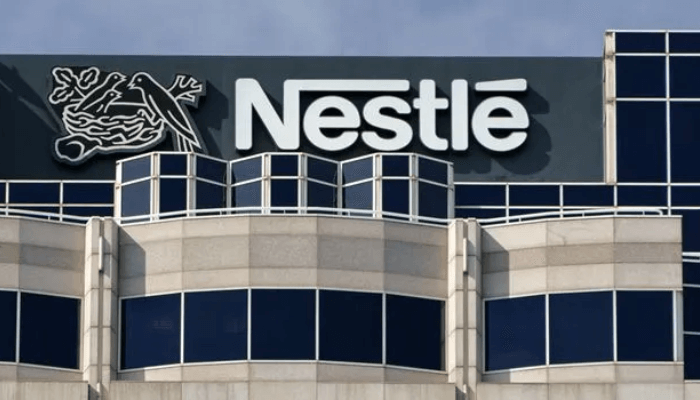Seasoning brand deepen investment in resilient food systems
…Promotes soybean regenerative farming
Maggi, a seasoning brand from Nestlé, is deepening its investment in resilient food system in Nigeria with the Regenerative Agriculture (RegenAg) pilot for local soybean sourcing.
The RegenAg pilot programme introduced techniques such as cover cropping, minimal tillage (ripping), crop rotation, and hedgerows, leading to healthier soils and higher yields for smallholder farmers across Nigeria.
“Soybean is a key ingredient in Maggi, and supporting local farmers to grow it sustainably is central to our mission. This initiative is more than a sourcing strategy; it is an investment in resilient food systems,” Funmi Osineye, category manager, culinary, Nestlé Nigeria, stated.
According to Osineye, the initiative has paved the way for a larger, multi-partner scale-up initiative, now backed by AGRA and Maggi’s parent brand, Nestlé, to reach 25,000 smallholder farmers across Nigeria.
Read also: A Celebration of Culture and Community: Maggi spices up Bole festival
“By equipping farmers, especially women and youth, with regenerative agriculture skills, we are improving productivity today while protecting the land for future generations. This is how MAGGI continues to nourish Nigerian families while helping build a stronger agricultural economy,” stated Osineye, disclosing that the program aims to produce at least 80,000 metric tonnes of quality grains annually, with a growing share cultivated using regenerative practices.
Alidu Amadu, head, Agriculture services, Nestlé Central & West Africa Region (CWAR), stated that the initiative help in contributing to Nestlé’s global ambition to source 20 percent of key ingredients through regenerative agricultural methods by 2025 and 50 percent by 2030, while supporting Nigeria’s broader food security and rural development goals.
“This project shows what is possible when businesses, development partners and farmers work together. Regenerative agriculture not only restores soil health but also builds long-term productivity and resilience for local communities,” Amadu stated.
Launched in 2023 with an investment of over ₦100 million, the pilot supported 1,030 soybean farmers to adopt climate-smart practices that improved their yields while restoring soil health. Implemented in partnership with TechnoServe and IDH, with technical guidance from the Centre for No-Till Agriculture (CNTA), Ghana, the project demonstrated the potential of regenerative farming to transform smallholder agriculture in Nigeria.
“Since I started adopting these strategies, as we were taught in this project, my yields have increased by 100%. This was very encouraging, and I would like to applaud the project organizers and thank Maggi for bringing this to us,” Lawan Abdul, one of the farmers who benefited from the initiative stated in a testimonial.

